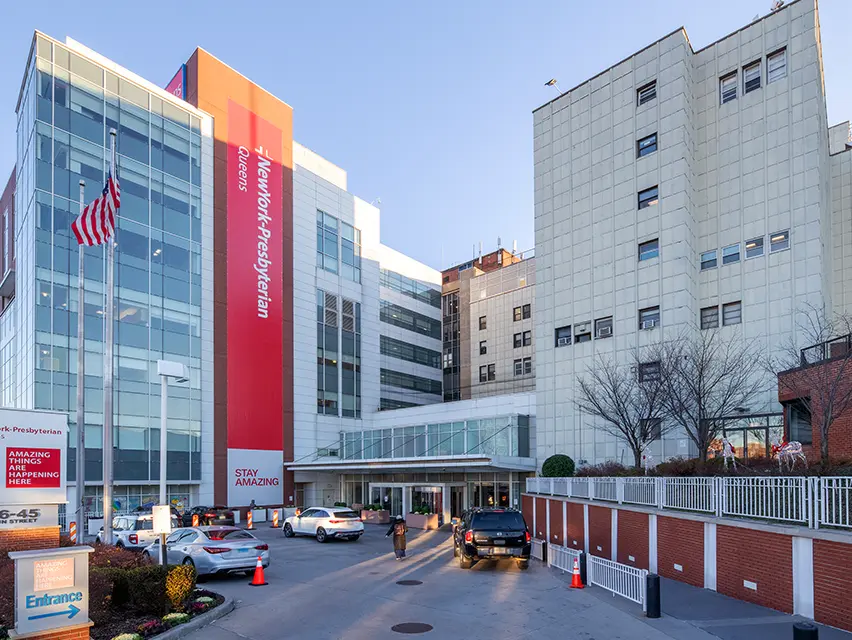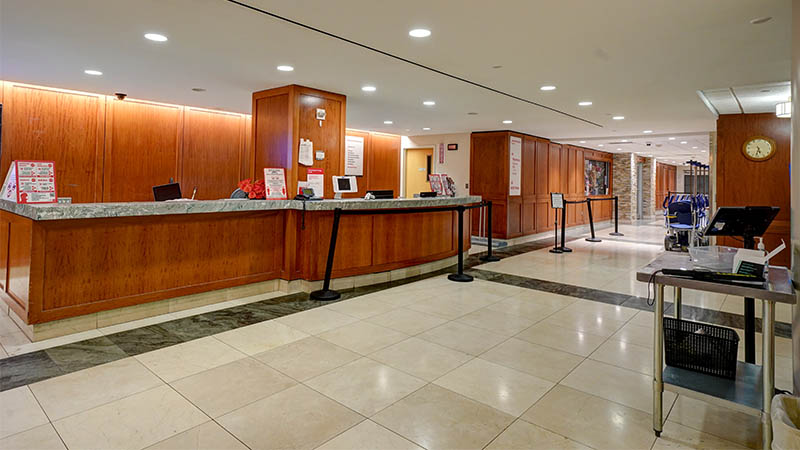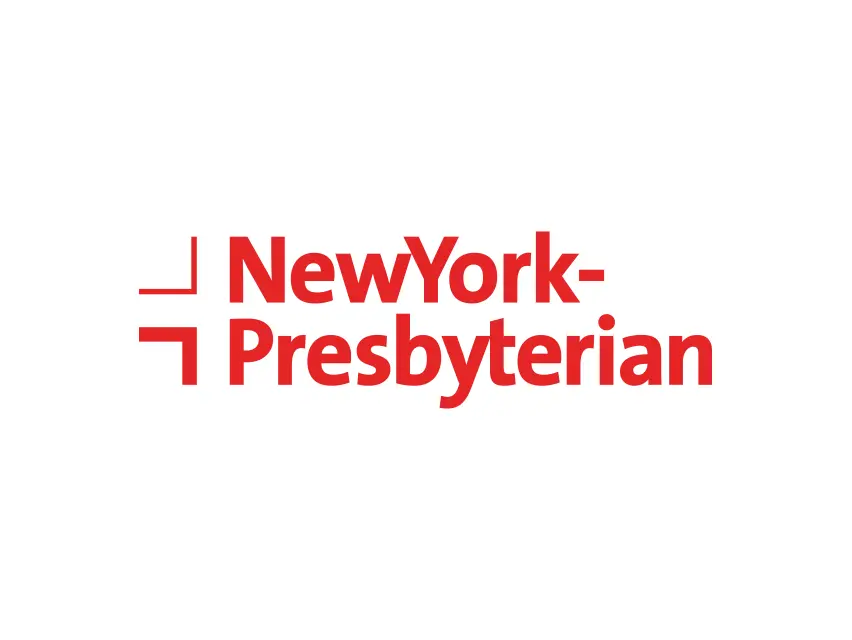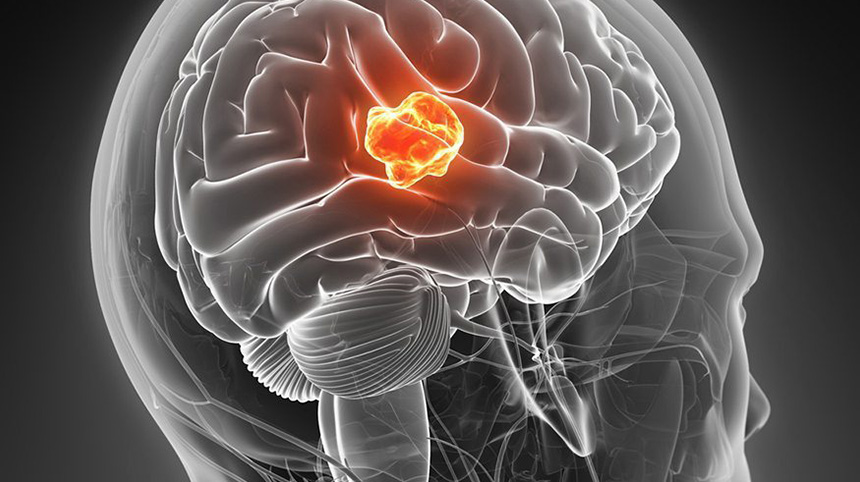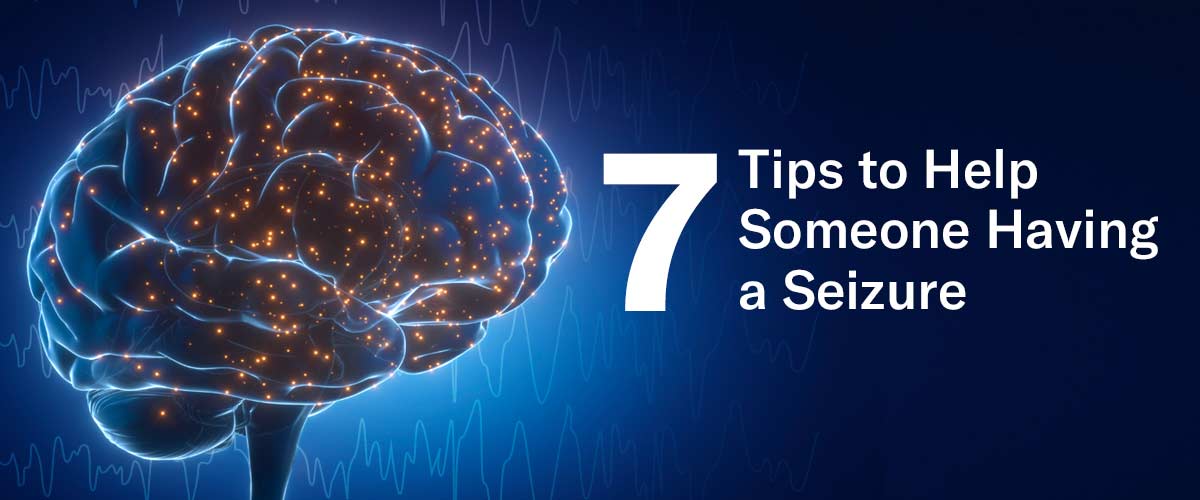With renowned expertise in brain and spine disorders, NewYork-Presbyterian is a global destination for patients seeking exceptional neurology and neurosurgical care. We are home to eight designated stroke centers*, perform the most neurosurgeries in New York City**, and lead research for innovative neurologic treatments.
NewYork-Presbyterian Queens offers patients access to these advanced neurological and neurosurgical services right here in the community. Throughout the region, our team of Weill Cornell Medicine neurologists and neurosurgeons provides the highest quality of care, applying expertise, modern imaging techniques, and advanced therapies to diagnose and treat disorders of the brain, spinal cord, and peripheral nervous system.
We understand that neurological conditions pose challenges for patients and their families. Our specialty-trained clinicians collaborate to create a customized treatment plan that meets each individual’s unique medical needs. We treat every patient with compassionate care, working to ensure that their treatment is thorough and enables them to return to their regular activities as soon as possible. Our experts also provide compassionate medical management for people with developmental disabilities at The Center for Developmental Disabilities in Queens—one of the few hospital-supported primary care facilities of its kind in the country.
* Stroke Centers: The Joint Commission and the American Heart Association/American Stroke Association | ** Neuro Surgeries: SPARCS, 2023








